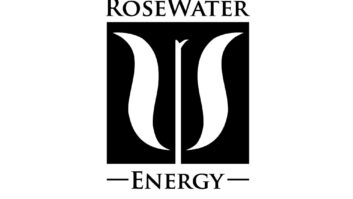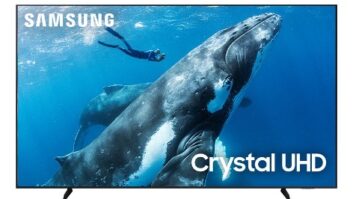WASHINGTONEDITOR’S NOTE: Due to a production error, an incomplete version of this story appeared in the Aug. 5th issue of TWICE. Reprinted here is the story in its entirety.
The radar detector industry filed a petition for partial reconsideration and a motion to stay the recent ruling by the FCC that radar detector suppliers must reduce emissions on the 11.7 GHz-to-12.2 GHz band.
The petitions were filed July 26 with the FCC and Congress by the industry trade group RADAR (Radio Association Defending Airwave Rights), by members BG Tech America, Beltronics, Cobra, Escort, SK Global America and The Whistler Group. The petitions are in response to the FCC’s July 19 ruling that found certain radar detectors are interfering with credit card terminals used in places such as gas stations and other VSAT (Very Small Aperture Terminals).
Industry members said there have been cases where consumers purchasing gas are not charged or they are charged the wrong amount because of interference from certain radar detectors.
RADAR and its members stated they had no dispute with the technical ruling of vacating the 11.7 GHz-to-12.2 GHz band, but that the timetable to do so was unprecedented and unfeasible.
“We were incredulous. It’s unprecedented,” said Donal Rich, national sales manager for Beltronics. He explained, “The last rule making that the FCC did in something of this nature was in the PC industry, where PCs were interfering with police equipment and they gave them 14 months [to comply] and then they give us 60 days.”
The FCC specifically stated that radar detector suppliers have 30 days from the ruling’s publication in the Federal Register to stop shipping non-compliant products and it gave retailers and additional 30 days to stop selling non-compliant radar detectors. This would result in a likely timetable of compliance by approximately Sept. 15 and Oct. 15, respectively, according to Rich. Current non-compliant detectors are permitted to be in use.
RADAR’s petition for partial reconsideration asks that suppliers be required to comply by Dec. 31, 2002 “and that the distribution pipeline be left to empty at its own speed. Alternatively, if the Commission requires a date certain for retail compliance, we propose July 1, 2003.”
The petition said 73 percent of the product being shipped is compliant but that “redesign, retooling and parts acquisition takes time, and we cannot go faster.” Regarding retail headaches due to the ruling, the petition for partial reconsideration states, “Rather than sort through their retail inventory to identify units they can lawfully sell, stores are far more likely to ship their entire stock back to the manufacturers. This will almost certainly shut down some manufacturers, and possibly the industry as a whole.”
RADAR asked that the FCC respond by Sept. 1, according to a spokeswoman.
Cobra senior VP Tony Mirabelli noted, “We have every reason to believe the FCC will have no choice but to reconsider and rapidly review it. There is a high degree of possibility that the order will be modified.”
Cobra said its products are already compliant and Beltronics said its products would be compliant by the end of July. Uniden and The Whistler Group said if necessary they can meet the FCC’s currently deadline but that an extension would create a more manageable transition.













